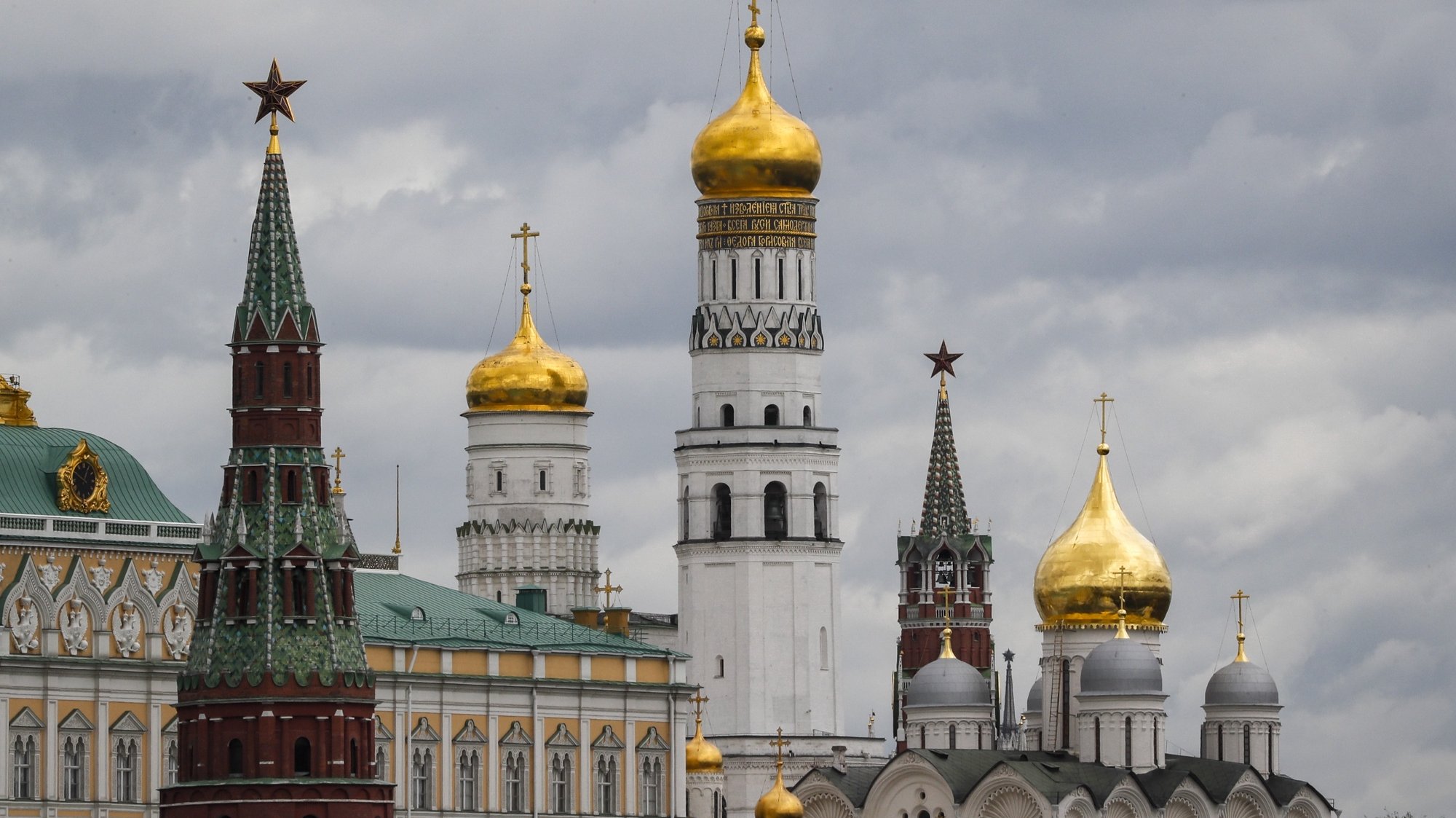The leader of the Russian delegation at the Ocean Conference in Lisbon warned on Monday that the suspension of cooperation in the area of climate or environmental protection could have a “catastrophic effect” on the planet and its recovery “requires decades.”
“Suspending cooperation in the area of climate or environmental protection will only impede progress in these areas. This could have a catastrophic effect on our planet, and recovery could take decades,” Ruslan Edelgeriyev, an adviser to Russian President Vladimir Putin, who will lead the Russian delegation to the United Nations ocean conference, told the Lusa news agency. .
In the current context of the Russian invasion of Ukraine, the 46-year-old diplomat, former prime minister of Chechnya, alluded to the Cold War to reinforce that, even then, the two blocs (East and West) “cooperated in the field of environmental protection”.
“If we are not united even on the most obvious things, like preventing global climate change, how can we talk about the most complex things?” Edelgeriyev asked.
The Minister for Climate Affairs of the Kremlin (Russian presidency), who will be in the Portuguese capital for the Oceans Conference, which takes place between Monday and July 1, also defended the “withdrawal of the environmental and climate agenda beyond big politics.
“I hope that colleagues from other European countries agree with me and focus the discussion on the issues for which this conference was convened,” Edelgeriyev stressed, also ruling out the need to send “some special message” to the countries of southern Russia. .
“In relation to these countries, our message is always the same: we are willing to cooperate with anyone who wants to cooperate with us based on mutual respect”, he explained, in the written response sent to Lusa.
With regard to the oceans in particular, Ruslan Edelgeriyev stressed that while the fight against climate change develops, other global problems, such as plastic pollution in the oceans, acidification or the reduction of its biodiversity, should not be forgotten.
On the other hand, one should not hide behind the existence of other problems to postpone the fight against climate change. What we need is balanced progress in solving all global problems. We are ready to contribute to the implementation of this vision”, he assured.
Ruslan Edelgeriyev underlined that Russia is aiming continued international cooperation on issues such as climate change and environmental protection.
Moscow is also “very interested” in the discussion of “global ocean problems” as well as ways to “improve the quality of life of coastal communities,” he noted.
“The interconnection between economic prosperity, the state of maritime ecosystems and climate change deserves special attention, since the lack of action in the coming decades could generate serious problems in the future”, he warned.
According to Moscow’s envoy to Lisbon, in Russia “the ban on disposable plastic products is being discussed very actively”, an issue that was addressed in the framework of the 25th International Economic Forum in St. Petersburg, which took place between 15 and 18 November. June. .
For the conference in the Portuguese capital, Ruslan Edelgeriyev intends to “learn about best practices and from now on combat this problem together with other countries.”
The United Nations Conference on the Oceans will take place in Lisbon, with the support of the governments of Portugal and Kenya, and will be attended by heads of state and government from all continents.
In March, seven members of the Arctic Council — a forum of nations with control over waters and territories in the region — announced they had cut ties with Russia, which currently heads the body, citing Russia’s invasion of Ukraine.
Ruslan Edelgeriyev called on these countries to return to the “normal work” of the organization, saying that the current position is “counterproductive.”
“Discussion on issues of cooperation in the Arctic without Russia is possible, but the the effectiveness of such cooperation would be artificially limited. I have always spoken out against the politicization of climate and environmental cooperation,” she underlined.
In addition to Russia, the Arctic Council includes the United States, Canada, Denmark, Finland, Iceland, Norway, and Sweden.
Source: Observadora
